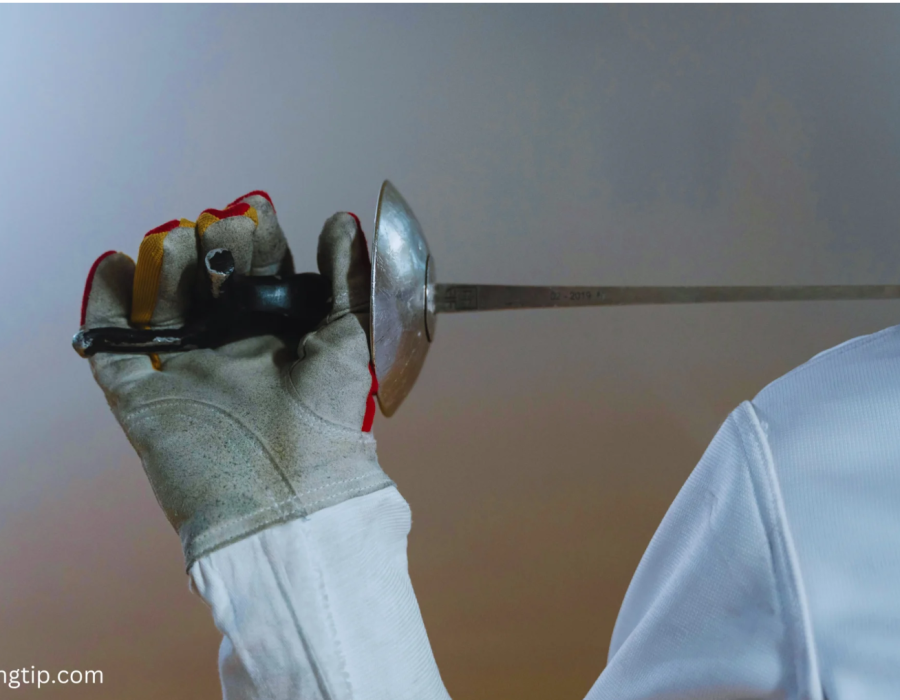Introduction
Fencing swords have a rich historical significance, originating from ancient duels and evolving into a sophisticated sport. Beyond the fencing pistes, these swords have also slashed their way into popular culture, leaving a lasting impression in literature, film, television, and more. This article explores how fencing swords have shaped and been shaped by pop culture.
Historical Context
The origins of fencing swords can be traced back to the days of dueling, where they were symbols of honor and skill. As fencing evolved into a sport, it retained its cultural significance, embodying the art of precision and discipline. The historical journey of fencing swords has paved the way for their prominent role in various forms of entertainment.
Fencing Swords in Literature
Fencing swords have carved a niche in classic literature, symbolizing bravery and romance. In Alexandre Dumas' "The Three Musketeers," the swashbuckling adventures of d'Artagnan and his comrades are incomplete without their trusty rapiers. Shakespeare's "Romeo and Juliet" also features iconic sword fights that underscore themes of honor and rivalry. These literary works highlight how fencing serves as a powerful symbol in storytelling.
Fencing Swords in Film and Television
Movies and TV shows have immortalized fencing swords through unforgettable action scenes and compelling narratives. Films like "The Princess Bride," "Pirates of the Caribbean," and the "Zorro" series showcase thrilling sword fights that captivate audiences. Television series such as "Game of Thrones" and "Arrow" have also contributed to the allure of fencing, blending it seamlessly into their plotlines. These depictions have influenced action choreography and set high standards for fight scenes in visual media.
Fencing Swords in Video Games
Video games have embraced fencing swords, incorporating them into gameplay and character design. The "Assassin's Creed" series, known for its historical settings and combat mechanics, often features fencing swords as part of the protagonist's arsenal. The "Soulcalibur" series, a staple in fighting games, prominently showcases characters wielding fencing swords. These games demonstrate how fencing elements can enhance interactive experiences.
Fencing Swords in Modern Sports and Entertainment
Fencing continues to thrive as a competitive sport, with its popularity bolstered by pop culture. The portrayal of fencing in movies, TV shows, and games has inspired many to take up the sport, seeing it as a blend of athleticism and artistry. Beyond sports, fencing swords are a staple in stage productions and live shows, adding a dynamic element to performances.
Thematic Elements of Fencing Swords in Pop Culture
Fencing swords often symbolize honor, skill, and personal growth in pop culture. They are frequently used as narrative devices for character development, representing a protagonist's journey or a climactic showdown. The aesthetic appeal of fencing, with its graceful yet powerful movements, adds visual allure to any medium.
The Role of Fencing Clubs and Organizations
Prominent fencing organizations play a crucial role in promoting the sport and preserving its cultural heritage. Fencing clubs offer training and resources, helping to nurture the next generation of fencers. Additionally, fencing is becoming increasingly popular in educational settings, providing students with a unique extracurricular activity that promotes discipline and strategic thinking.
Conclusion
The impact of fencing swords on pop culture is profound and multifaceted. From the pages of classic literature to the screens of blockbuster films and video games, these swords have become iconic symbols of skill, honor, and adventure. The enduring legacy of fencing in modern entertainment and sports continues to captivate and inspire, ensuring that the art of fencing remains a vital part of our cultural landscape.
By exploring the historical roots and pop culture influence of fencing swords, we can appreciate their significant role in shaping narratives and inspiring both audiences and athletes alike.





Comments